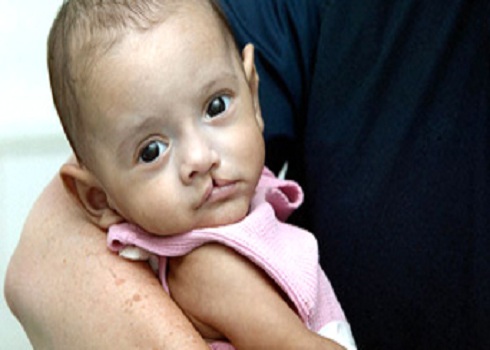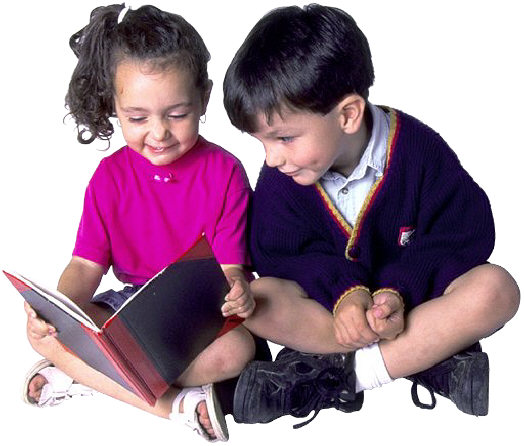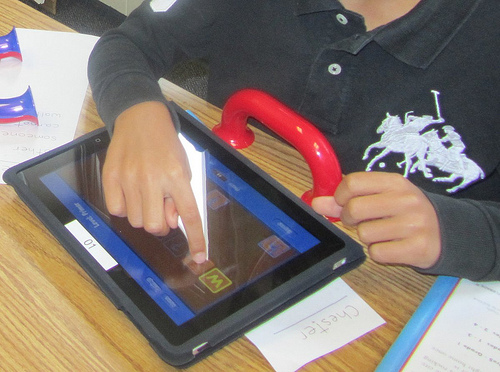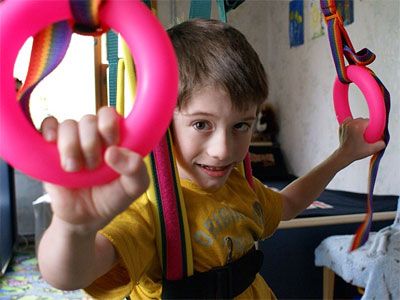
Image source: Nhs.uk
Orofacial clefts, or cleft lip and cleft palate, are among the most common birth defects. In fact, according to KidsHealth, about 1 to 2 out of every 1,000 babies in the U.S. is born with clefts. This medical condition occurs due to improper development in the womb. If your baby has a cleft palate, it will almost certainly be diagnosed at birth. Your child’s pediatrician will evaluate him for treatment. Most of the time, surgery can help. However, surgery may not be performed right away, and your baby may need additional surgeries later on. Your little guy might still experience speech difficulties after surgery, which can be addressed by a speech-language pathologist (SLP).









